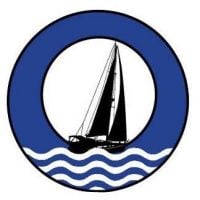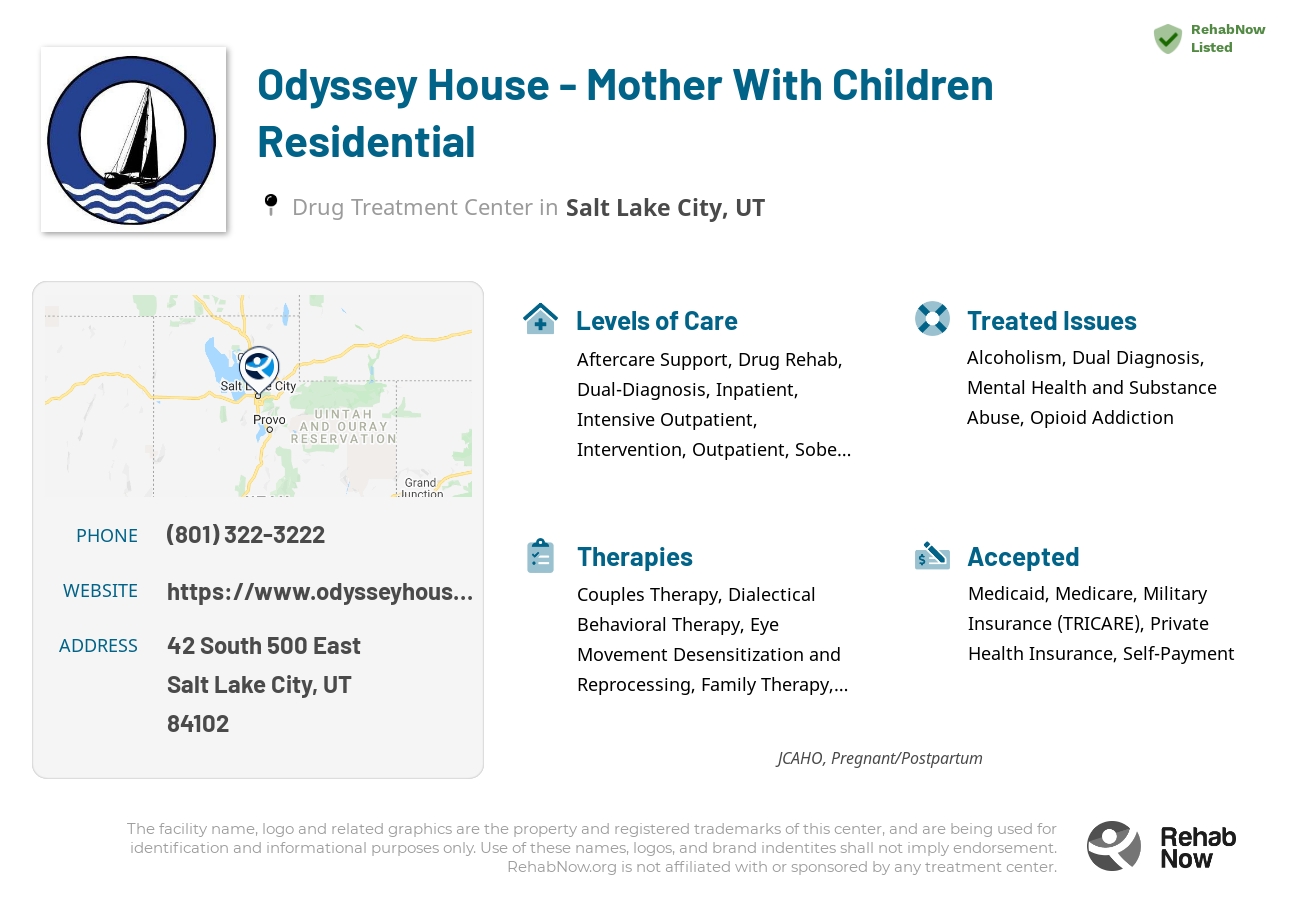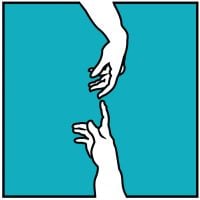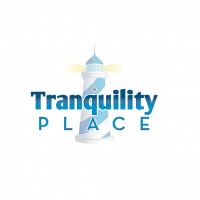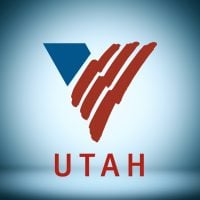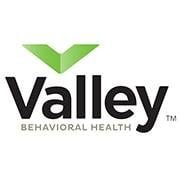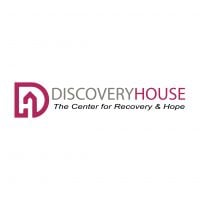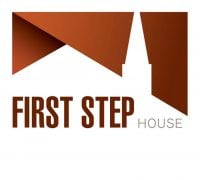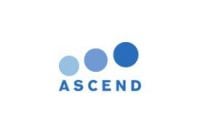Odyssey House - Mother With Children Residential
Drug Rehab Center in Salt Lake City, Utah
Odyssey House - Mother With Children Residential is an accredited Addiction Treatment Facility in Salt Lake City, Utah, providing comprehensive and compassionate care for individuals struggling with addiction and mental health issues, including drug rehab, dual-diagnosis treatment, inpatient and outpatient programs, detoxification, and aftercare support.
About Odyssey House - Mother With Children Residential in Utah
Odyssey House - Mother With Children Residential is a trusted Addiction Treatment Facility located in Salt Lake City, Utah. Established in 1971, this center specializes in providing comprehensive care for individuals suffering from alcoholism, dual diagnosis, opioid addiction, drug addiction, substance abuse, and mental health issues. As an accredited facility by JCAHO (Joint Commission on Accreditation of Healthcare Organizations), they maintain the highest standards of quality and safety in their treatment programs. Odyssey House - Mother With Children Residential offers a wide range of services to meet the unique needs of their patients, including aftercare support, drug rehab, dual-diagnosis treatment, inpatient care, intensive outpatient programs, intervention services, outpatient programs, sober-living or halfway houses, residential treatment, detoxification, and partial-hospitalization levels of care. This center is committed to providing compassionate and evidence-based care to help individuals on their journey to recovery.
At Odyssey House - Mother With Children Residential, individuals struggling with addiction and substance abuse can find a variety of services tailored to their specific needs. The center offers comprehensive drug rehab programs that provide a structured and supportive environment for individuals to overcome their substance abuse issues. With a focus on dual-diagnosis treatment, they address the underlying mental health conditions that often co-occur with addiction. Their inpatient and residential treatment programs provide a safe and nurturing environment for individuals and their children, allowing them to heal and rebuild their lives. Odyssey House - Mother With Children Residential also offers intensive outpatient programs that provide flexible and supportive care for those transitioning from residential treatment or for individuals who require a less intensive level of care. Additionally, the center provides detoxification services to help individuals safely and comfortably withdraw from drugs or alcohol. With their commitment to evidence-based practices and their compassionate approach, Odyssey House - Mother With Children Residential is dedicated to helping individuals and their families achieve lasting recovery.
Genders
Ages
Modality
Additional
Accreditations

JCAHO
Conditions and Issues Treated
Opioid addiction starts when a person becomes addicted to legal or illegal opioids. The addiction can happen quickly, in just a matter of days. Opioid withdrawal can be extremely uncomfortable and lead the user to continue to use even if they want to quit. Stopping using an opioid requires medical observation. Sometimes inpatient treatment with a medically supervised detox is necessary for managing the withdrawal process while learning lasting tools for maintaining recovery. Medications may be used in some cases of opioid addiction.
Opioid addiction is one of Utah‘s most prominent forms of addiction. It’s treated by detoxifying the body so that the chemicals from the medications no longer impact them and by therapies to correct behavior and target the root of the problem.
Recovery is not simply about stopping drug use. Recovery is working with addiction while recovering mental health issues that are fueling the addiction in the first place.
Levels of Care Offered
This center offers a variety of custom treatment tailored to individual recovery. Currently available are Aftercare Support, Drug Rehab, Dual-Diagnosis, Inpatient, Intensive Outpatient, Intervention, Outpatient, Residential, Sober-Living / Half-Way, with additional therapies available as listed below.
Individuals who are suffering from severe addiction or have a high risk for dangerous health concerns are often recommended to receive inpatient treatment.
Choosing to enter an inpatient treatment program is beneficial for people who are suffering from severe addiction, or who have a high risk for dangerous health concerns.
Inpatient treatment is beneficial for:
- People who have a history of severe withdrawal.
- People who have attempted to overcome addiction on their own without success.
- People who have a history of relapse, or have recently relapsed.
- People at risk for drug overdose or withdrawal-related complications.
- People with medical conditions that are worsened by drug or alcohol use.
Addicts who need help with their addiction can enroll in an intensive outpatient program (IOP). But the patient won’t live there during treatment.
IOP involves patients visiting a medical office building regularly for therapy and other services while continuing to live their lives.
IOP is a step up from drug or alcohol detox, but it’s still a phase of recovery, not the end goal. Patients in need of IOP have many options for rehab and treatment.
Outpatient treatment is considered the lower intensity level of addiction treatment. It’s ideal for early phase addiction or lower intensity addictions. It may include weekly sessions instead of daily. It may include weekly sessions instead of daily. Peer group support, 12-step programs, and individual counseling may still be involved but at a lesser frequency than an intensive outpatient program. It is a good choice for someone who doesn’t need to go through a medically supervised detox and who has a supportive home environment. It requires motivation and dedication to commit to the program without constant monitoring.
Sober living homes (abbreviated SLHs or sometimes sober houses) are temporary housing for recovering addicts. The typical SLH functions as a halfway house, providing a stable living environment for addicts in recovery. While at an SLH, residents typically meet with various therapists on site and attend regular 12-step meetings as well as other recovery group meetings.
Residential treatment programs are those that offer housing and meals in addition to substance abuse treatment. Rehab facilities that offer residential treatment allow patients to focus solely on recovery, in an environment totally separate from their lives. Some rehab centers specialize in short-term residential treatment (a few days to a week or two), while others solely provide treatment on a long-term basis (several weeks to months). Some offer both, and tailor treatment to the patient’s individual requirements.
Not everyone dealing with addiction is prepared to engage in a recovery program. Odyssey House - Mother With Children Residential‘s Intervention Programs can be beneficial for these individuals. The individual’s friends and family will call and set up an intervention in or near Salt Lake City, UT, and at which a specialist will come and lead the discussion.
Aftercare support should take place after outpatient treatment has ended. There are a few different types of aftercare support that patients can seek. These include 12 Step, Self-help groups (AA, NA), Therapeutic communities, Long-term, structured sober living arrangements, and Halfway houses (residential treatment centers).
Therapies & Programs
Individual therapy involves one-on-one sessions between the patient and therapist. It provides patients with a safe environment to openly discuss personal and sensitive issues with the therapist. They find the therapist as someone they can trust. Individual therapy aims to identify the core issues that would have led the patient to substance abuse and address them effectively. The therapist can develop patient-specific customized solutions through individual therapy, which aids speedier recovery.
Couples therapy works with clients and significant others in a professional capacity to improve relationship dynamics. This can be helpful for addicts who are trying to marry the idea of recovery into their work, family, social lives – any aspect that has to do with relationships.
Through counseling sessions, addicts will have an opportunity to talk about their addiction with professional partners. These partners can offer feedback and advice on how to get sober while keeping healthy relationships intact. A good couples therapist will help addicts understand their part in an unhealthy relationship dynamic or find ways to deal with anger or resentment from significant others outside of the home.
Family therapy is a group problem-solving that aims to improve communication and relationships between the addict, their family, and sometimes friends. The main goal of family therapy for drug addiction is to create an environment where communication can occur without judgment, hostility, or blame. The therapist is with the family as they learn to communicate differently, especially with the addict when s/he is using. The family can learn to reduce their enabling behavior or rally together and support each other during tough times.
An addict’s family can play a vital part in helping them to avoid relapse because they can spot the warning signs and help them get back on track before it becomes too much of a problem. Family therapy is one of the most effective ways to help addicts stay on the path to long-term sobriety. When a drug addict decides that they want to try and get sober, it takes the support of every person they love to succeed. It can be incredibly difficult for loved ones to watch an addict go through the pain and suffering of withdrawal, but by being there with them and supporting them, they can help to make sure that the addiction never returns.
Groups typically involve meetings with other recovering addicts who can relate to one another’s experiences. They might meet in person or online and typically focus on the process of staying sober rather than overcoming a specific addiction.
In these groups managed by Odyssey House - Mother With Children Residential, addicts can build a sense of community and develop strong emotional connections with others who understand what they are going through. These beneficial relationships can help addicts overcome their cravings and prevent relapse at any point during the recovery process.
In general, trauma therapy is a clinical process that helps individuals deal with mental stress often caused by traumatic events. The therapist helps the person identify, understand, and work through the problem. This is done with the help of talking about it in group or one-on-one counseling sessions. Therapists use relaxation, role-playing, art, and music to help the person open up about what is bothering them.
There are many different types of trauma therapists, such as psychiatric nurses and counselors. Not everyone is a good candidate for this type of therapy; it is generally reserved for people who have recently experienced a traumatic event and struggle to get over it. It is often done for children, teenage victims of sexual assault, and war veterans.
Dialectical Behavior Therapy (DBT) is a type of therapy created in the late 1980s and early 1990s to help people with high rates of suicidal behavior. DBT helps people learn how to live a life that is no longer controlled by overwhelming emotions and urges. It is beneficial in treating drug addiction because it helps patients understand and cope with their cravings for drugs or alcohol rather than turning to those substances as a way of coping.
There is hope for people who are addicted to drugs and alcohol. Cognitive Behavioral Therapy (CBT) is the solution. CBT focuses on the underlying thoughts and behaviors that caused the addiction problem in the first place and may cause a relapse. This type of psychotherapy addresses negative feelings common in substance abuse disorders. It helps to change them by restructuring thought patterns. It’s about removing negative thoughts and providing long-term benefits while promoting self-awareness, self-control, and healthy ways to respond to negative thoughts. These sessions can be done by themselves or as part of combination therapy.
REBT, or Rational Emotional Behavior Therapy, is a way of replacing negative thoughts with positive ones. It teaches people how to deal effectively with their unwanted habits and emotions. Some common problems people have are procrastination, unhealthy eating, and angry outbursts. Learning how to deal with these problems in a productive manner makes them less apt to come back.
Eye Movement Desensitization and Reprocessing (EMDR) is a treatment method that can help reduce the impact of traumatic memories on emotions. It does this by having patients follow a bar of light or watch their therapist’s finger move back and forth, which mimics the eye movements of REM sleep.
This allows the brain to reprocess the memories, reducing their impact. EMDR therapy is different from traditional therapies in that it addresses the root cause of substance abuse in many patients. This is done by combining EMDR therapy with behavioral therapies. This treatment option offered by Odyssey House - Mother With Children Residential can help patients who turn to drugs to escape painful memories.
Since addiction is a chronic physical and mental illness, addicts need to learn as many life skills as possible. Many drug treatment centers offer life skills activities as part of their addiction recovery programs. Examples include cooking classes, employment training, resume writing seminars, parenting classes, and computer training. Life skills activities help addicts find employment, take care of their families, and give back to the community.
Payment Options Accepted
For specific insurance or payment methods please contact us.
Is your insurance accepted?
Ask an expert, call (888) 674-0062
Odyssey House – Utah Associated Centers
Discover treatment facilities under the same provider.
- Odyssey House - Martindale Medical Clinic in Salt Lake City, UT
- Odyssey House - 2100 South in Salt Lake City, UT
- Odyssey House - Martindale Clinic in Salt Lake City, UT
- Odyssey House - Teen Residential in Salt Lake City, UT
Learn More About Odyssey House – Utah Centers
Additional Details
Specifics, location, and helpful extra information.
Salt Lake City, Utah 84102 Phone Number(801) 322-3222 Meta DetailsUpdated November 25, 2023
Staff Verified
Odyssey House - Mother With Children Residential Patient Reviews
There are no reviews yet. Be the first one to write one.
Salt Lake City, Utah Addiction Information
More than 500 people in Utah die each year from the effects of drug abuse and/or addiction. Substance abuse rates in Utah have seen an upward trend for a variety of drugs. Opioids are involved in almost 70% of all drug-related deaths in the state, annually. In 2014, Utah officials created a Good Samaritan Law to protect drug users who report possible overdoses from being prosecuted themselves.
An estimated 9.1% of Salt Lake City, Utah, residents were current illicit drug users in 2014. In 2015, there were 120 drug overdose deaths in the area, which is a rate of 9.3 deaths per 100,000 persons. The most commonly abused drugs include methamphetamine, heroin, and prescription opioids. There are different rehabs in Salt Lake City to choose from, but it's important to find the one that is best for you.
Treatment in Nearby Cities
- Kanab, UT (259.7 mi.)
- Paradise, UT (55.4 mi.)
- Logan, UT (67.0 mi.)
- North Salt Lake, UT (5.8 mi.)
- Grand Junction, UT (210.9 mi.)
Centers near Odyssey House - Mother With Children Residential
The facility name, logo and brand are the property and registered trademarks of Odyssey House - Mother With Children Residential, and are being used for identification and informational purposes only. Use of these names, logos and brands shall not imply endorsement. RehabNow.org is not affiliated with or sponsored by Odyssey House - Mother With Children Residential.
